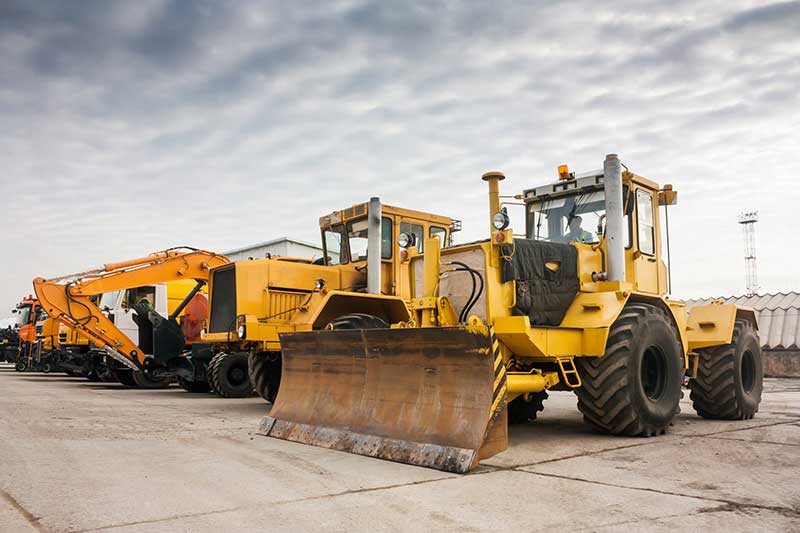Industrial heavy machinery constitutes a cornerstone of various sectors, including construction, mining, and agriculture, facilitating the execution of complex tasks with efficiency and precision. These robust machines are designed to handle heavy-duty operations, ranging from earthmoving and material handling to excavation and transportation.
The versatility of industrial heavy machinery allows it to fulfill diverse functions across different industries. For instance, in the construction sector, heavy machinery like excavators, bulldozers, and cranes are indispensable for site preparation, foundation laying, and structural assembly. Similarly, in the mining industry, equipment such as dump trucks, loaders, and drilling rigs is essential for extracting, transporting, and processing minerals and ores.
One of the defining characteristics of industrial heavy machinery is its rugged construction and powerful performance capabilities. These machines are engineered to withstand harsh environmental conditions, high workloads, and extended operating hours, ensuring reliability and durability in demanding industrial settings.
Moreover, advancements in technology have led to the integration of innovative features in modern industrial heavy machinery, such as GPS navigation systems, telematics, and automated control systems. These technologies enhance efficiency, safety, and productivity by providing real-time data monitoring, remote diagnostics, and precision control capabilities.
When it comes to applications, industrial heavy machinery finds widespread use in a multitude of sectors:
- Construction: Heavy machinery is utilized for various construction activities, including excavation, grading, paving, and demolition, enabling the development of infrastructure projects such as roads, bridges, and buildings.
- Mining: In the mining sector, heavy machinery plays a pivotal role in extracting, transporting, and processing minerals and ores, contributing to the production of essential resources like coal, metals, and aggregates.
- Agriculture: Farming operations rely on heavy machinery such as tractors, combines, and harvesters for land preparation, planting, cultivation, and harvesting, increasing agricultural productivity and efficiency.
- Forestry: Heavy machinery is employed in forestry operations for timber harvesting, logging, and processing, supporting sustainable forest management practices and the production of wood products.
In conclusion, industrial heavy machinery serves as a cornerstone of modern industrial operations, enabling efficient execution of tasks across various sectors. With their robust construction, powerful performance, and advanced technologies, these machines play a crucial role in driving productivity, safety, and sustainability in industrial processes.


